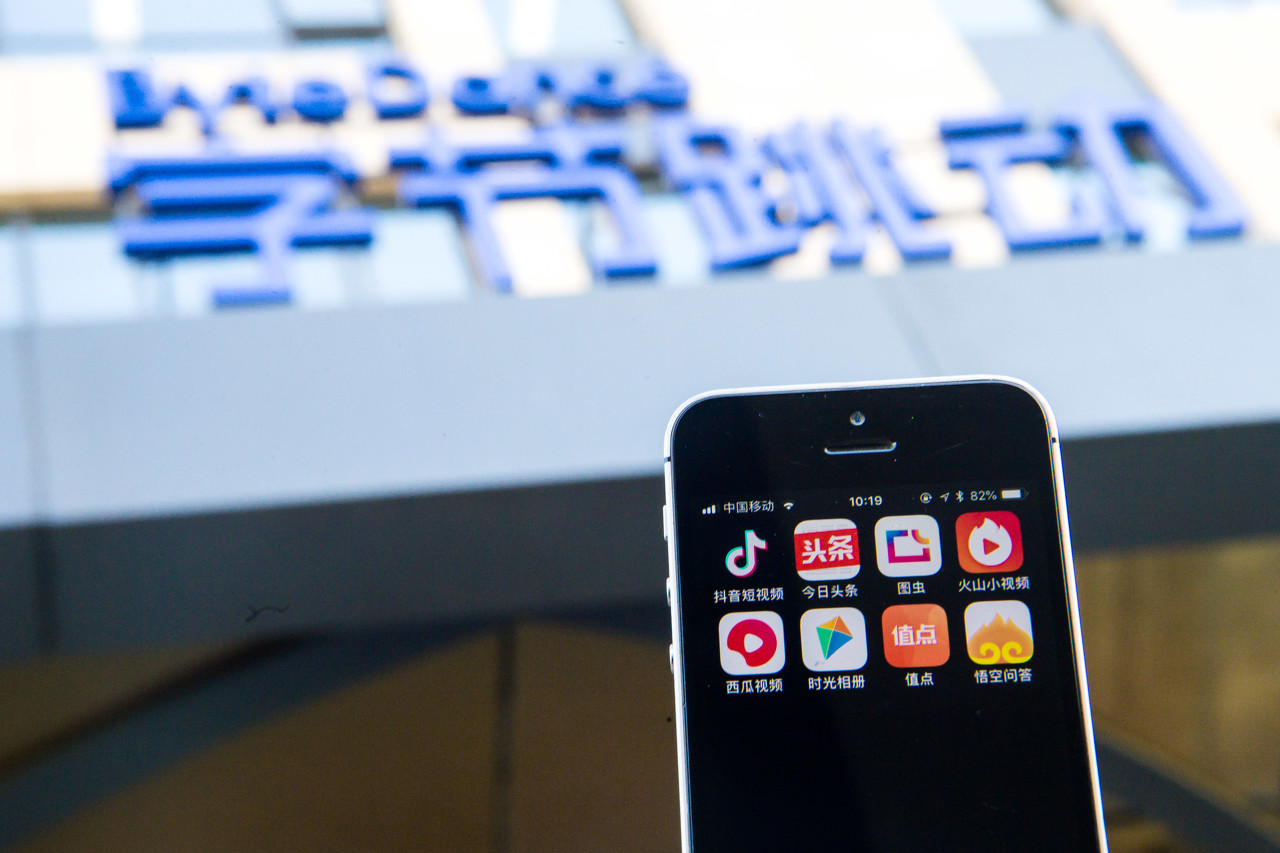TikTok owner ByteDance has invested RMB 1.1 billion (USD 165.58 million) in online reading firm Zhangyue Technology (SH:603533), or iReader Technology, in exchange for an 11.23% stake in the latter, eyeing a stronger tie-up with the original content developer, according to Zhangyue’s filing with the Shanghai Stock Exchange on Wednesday. The online literature arena, where Tencent-controlled China Literature (HKG: 0772) is a leading player, has recently seen a big push from ByteDance.
Following the deal, ByteDance, via wholly-owned subsidiary Liangzi Yuedong Technology, will pay Zhangyue CEO Cheng Xiangjun and founder Zhang Lingyun RMB 550 million (USD 82.79 million) each. Zhangyue is expected to generate RMB 470 million (USD 70.75 million) in business deals with ByteDance in the coming year. Earlier in March, Zhangyue introduced Chinese search engine giant Baidu as its strategic investor in a new issuing of shares, but the deal was shelved in August, without a detailed explanation.
“The two companies will work together to develop the reading business and strengthen cooperation in content production, commercialization, placement, and operation,” said the announcement. “ByteDance will provide more support to Zhangyue Technology in terms of advertising, commercialization services, content licensing, search, and platform resources.”
Founded in 2008, Beijing-based Zhangyue has over 170 million monthly active users on its platforms, which include its flagship namesake app, which allows users to read unlimited books online or to download them to reading devices, and the Zhangyue Campus App, a similar concept focusing on textbooks.
Shanghai-listed Zhangyue’s stock soared to RMB 30.36 (USD 4.57) this morning when the market opened, reaching the daily growth cap of 10%. It reported total revenue of RMB 980.2 million (USD 147.52 million) for the first half of 2020, up 8.96% year-on-year (YoY), and a net income of RMB 110.50 million (USD 16.63 million) in the same period, which represented an annual growth of 72.82%. In addition to online literature, Zhangyue also provides audio books and e-reader devices.
There are early signs of the deep-pocketed ByteDance’s thrust into the field of online literature in China. It operates a reading app Tomato Reading, which claimed 10 million daily active users as of April thanks to its free model. Since the end of last year, it has invested at least six companies in the industry. Among them are Wuli Culture, Xiuwen Technology, Dingtian Culture, Tadu Literature, and Jiuku Literature.
Investment in Zhangyue aligns with ByteDance’s aggressive moves in the booming space. As of March 2020, the number of users of China’s online literature reached 455 million, up 23.37 million from the end of 2018, taking up more than half of all netizens, said the 45th Statistical Report on Internet Development in China released by the China Internet Network Information Center (CNNIC).
According to local research firm iResearch’s report, males readers took up 54.9% while females users were 44.1%. In terms of age, users under 24 years old contributed 31.4% and 85.8% of online readers are under 35 years old.
Tencent-backed China Literature, Zhangyue, and Alibaba’s Shuqi are the top three players in the market, with a market share of 25%, 21%, and 20% in 2019, respectively, according to local consulting firm Bida.
Tech giants covet these online publishers also for the commercialization potential of intellectual property rights. A string of successful TV dramas blockbusters, including the Untamed, Joy of Life, and the Bad Kids, have hit the Chinese internet circle—all these are adaptions from popular online books.
